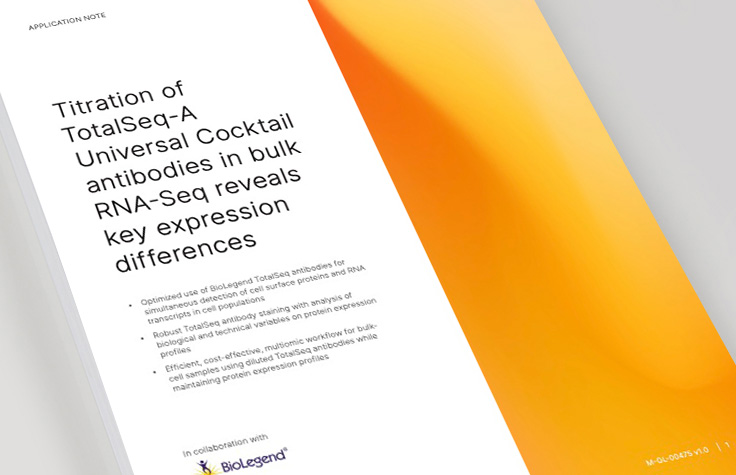Cellular & Molecular Biology Research
Expanding Cellular and Molecular Research
Traditionally, cell and molecular biology research seeks to understand the function of a single gene, gene family, or signal transduction pathway, often through the disruption or modification of single genes. Researchers use signal-based methods such as microscopy, flow cytometry, and protein blotting and molecular assays such as PCR/qPCR, Sanger sequencing, and gene expression arrays. This approach is time-consuming and does not always result in conclusive findings.
Array and next-generation sequencing (NGS) technologies from Illumina can broaden cell and molecular biology research beyond the conventional methods of protein-interaction and single-gene functional studies. Illumina technology enables analysis across the genome, transcriptome, and epigenome. Results can inform experimental design and subsequent studies, saving time and allowing researchers to publish sooner.
Single-Cell Sequencing and Analysis Workflow Video
Single-cell approaches can reveal the cell types present and how individual cells are contributing to the function of that system.
Featured Cell Biology Research Topics
Empowering Single-Cell and Spatial Experiments with Sample Multiplexing
Researchers from UCSF discuss MULTI-Seq, a sample barcoding strategy for single-cell and single-nucleus RNA sequencing. The method involves minimal sample processing, thereby preserving cell viability and endogenous gene expression patterns.
View WebinarSimultaneously Quantify Cell Surface Proteins and Transcriptomic Data
Methods that allow researchers to sequence and detect extracellular proteins in individual cells simultaneously, such as CITE-Seq, reveal new cell types and states associated with disease.
Explore CITE-SeqQuality Control for Single-Cell Sequencing Experiments
Learn best practices for preparing cell suspensions with sample preparation solutions from Miltenyi Biotec.
View WebinarNGS and qPCR Comparison
Compare the benefits of NGS technology to quantitative PCR and find out which one to choose.
NGS in Cell Biology Research
See how NGS opens new avenues to exploring and understanding the cellular activity of disease.
Popular Cell and Molecular Biology Techniques
Explore transcription, regulation, epigenetics, and more with advanced sequencing and microarray approaches.
Single-Cell RNA Sequencing
Explore the distinct biology of individual cells within a complex tissue, or investigate the molecular mechanisms behind subpopulation responses to environmental cues.
Spatial Transcriptomics
Spatially resolve transcriptional activity in complex tissue architectures using NGS-based RNA sequencing.
DNA Methylation Analysis
Quantitatively investigate methylation patterns using sequencing- and array-based techniques, and gain valuable insight into gene regulation.
Genotyping
Explore genetic variants such as single nucleotide polymorphisms (SNPs) and large structural changes in DNA using genome-wide or targeted approaches.
CRISPR Genome Editing
Find out how NGS enables researchers to confirm CRISPR gene knockouts, analyze off-target effects, assess the the functional impact of edits, and more.
Chromatin Accessibility Analysis with ATAC-Seq
Use ATAC-Seq to assess chromatin accessibility in single cells and uncover how chromatin packaging and other factors affect gene expression.
Cellular and Molecular Biology Research Articles
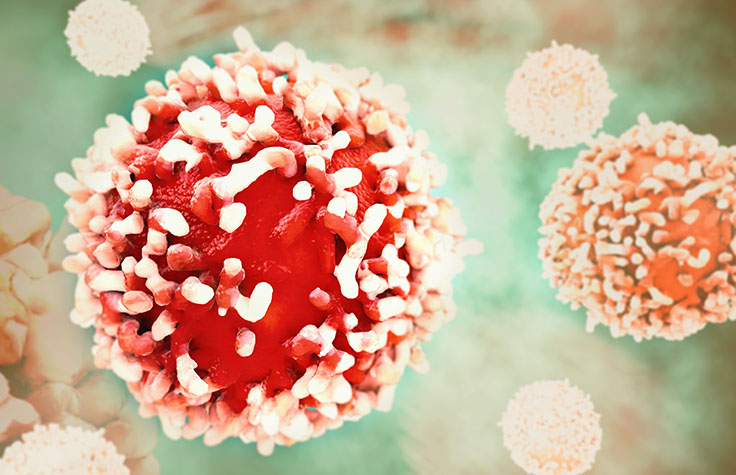
Exploring the Tumor Microenvironment
Single-cell sequencing proves invaluable in detecting intracellular communication in tumors.
Read Interview
The Weizmann Institute Uses NovaSeq 6000 to Drive Single-Cell Research
By analyzing one cell at a time, Professor Amit is improving our understanding of biological systems in health and disease.
Read Article
Identifying Breast Cancer Targets with NGS
The Breast Cancer Atlas Project is sequencing more than a million breast cancer cells with the NovaSeq 6000 System.
Read Case StudyFeatured Cellular and Molecular Biology Research Solutions
NextSeq 1000 and NextSeq 2000 Sequencing Systems: The NextSeq 1000 and NextSeq 2000 Systems support emerging and mid-throughput sequencing applications plus a broad range of methods such as exome sequencing, target enrichment, single-cell profiling, transcriptome sequencing, and more.
NextSeq 1000 and 2000 Single-Cell RNA Sequencing Application Note: This cost-effective, flexible solution measures gene expression in single cells and offers high-resolution analysis to discover cellular differences usually masked by bulk sampling methods. This app note outlines the workflow, provides example study designs and throughput charts, and more.
Targeted Resequencing: Targeted approaches using NGS allow researchers to focus time, expenses, and data analysis on specific areas of interest.
Infinium Global Screening Array: A next-generation genotyping array for population-scale genetics, variant screening, pharmacogenomics studies, and precision medicine research.
MethylationEPIC BeadChip: Robust methylation profiling microarray with extensive coverage of CpG islands, genes, and enhancers. Use for epigenome-wide association studies.
From Genotype to Phenotype
Dr Lachlan Jolly discusses insights into gene function in cell models of brain development.
Interested in receiving newsletters, case studies, and information on complex disease genomics? Please enter your email address.
Additional Resources
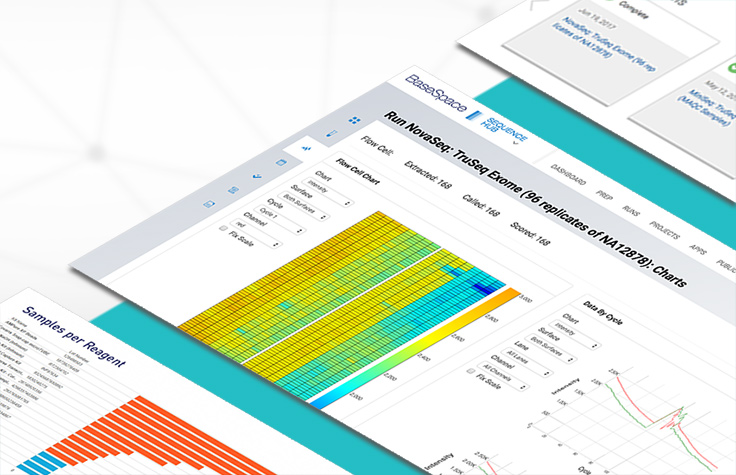
Software Tools to Simplify Data Analysis
Illumina bioinformatics tools can help researchers manage, analyze, and interpret genomic data.
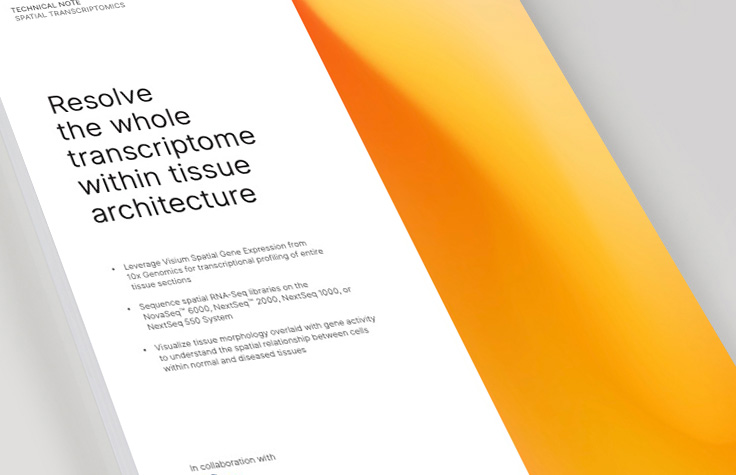
Resolve whole transcriptome within tissue architecture with 10x Genomics
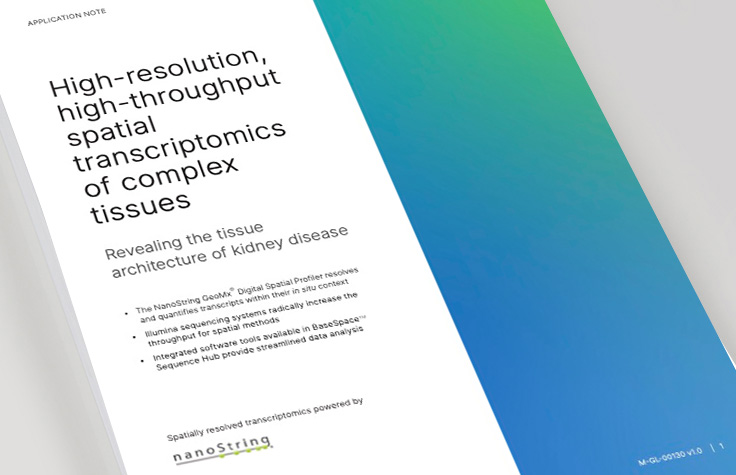
High-throughput spatial transcriptomics of complex tissues with Nanostring

Empowering access for groundbreaking genomic discoveries
Illumina benchtop sequencing systems are making NGS technology more accessible to laboratories worldwide. Learn how these systems provide the speed, power, and flexibility to make breakthroughs in microbiology, cancer research, and more. The MiSeq i100 Series or NextSeq 1000 and NextSeq 2000 Systems can help make your NGS research goals within reach.
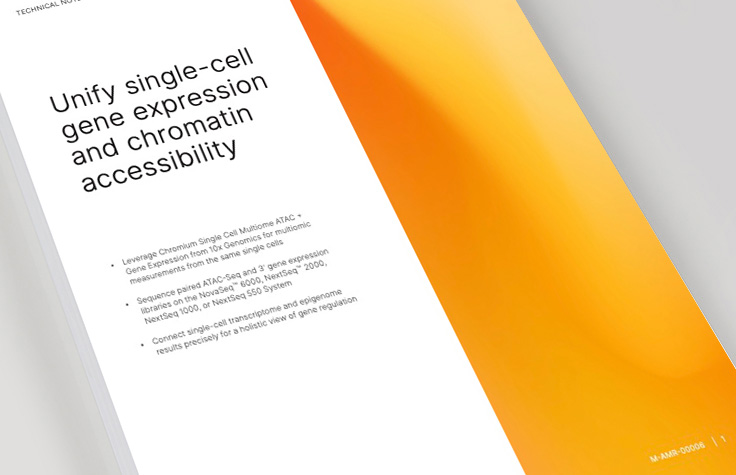
Connecting single-cell gene expression and chromatin accessibility
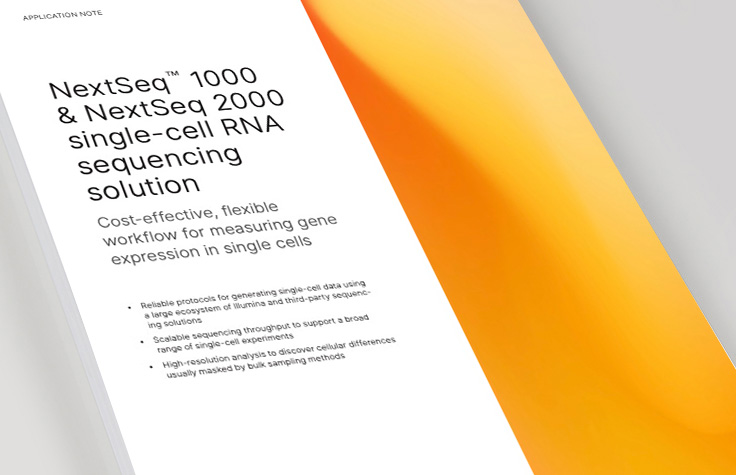
NextSeq 1000 & NextSeq 2000 single-cell RNA sequencing
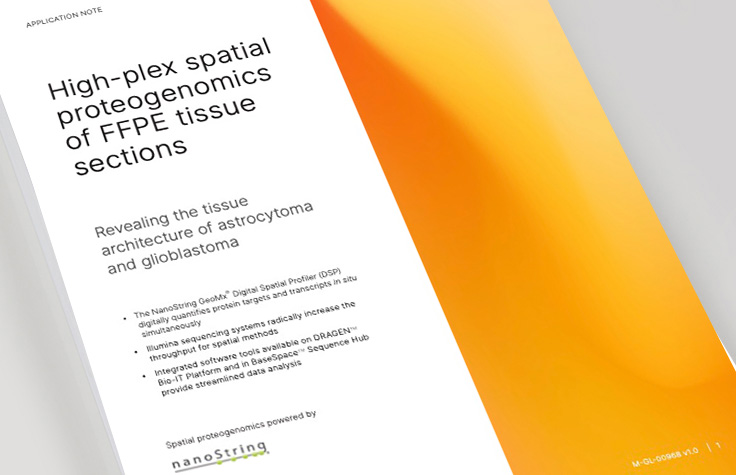
High-plex spatial proteogenomics of FFPE tissue sections with Nanostring
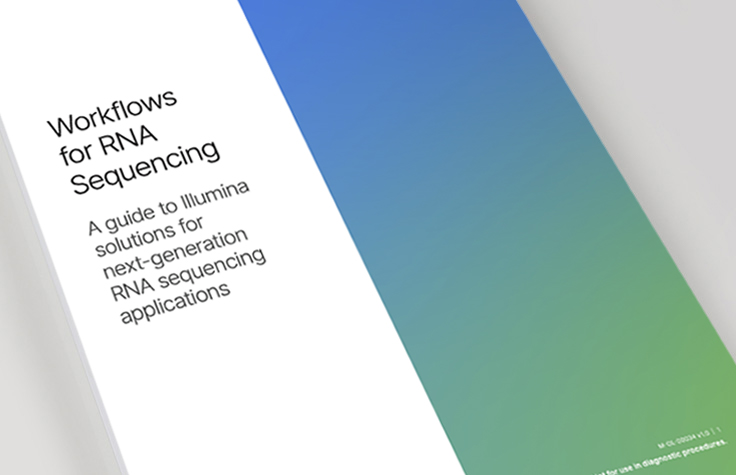
Workflows for RNA Sequencing Guide
Learn about Illumina solutions for next-generation RNA sequencing applications.
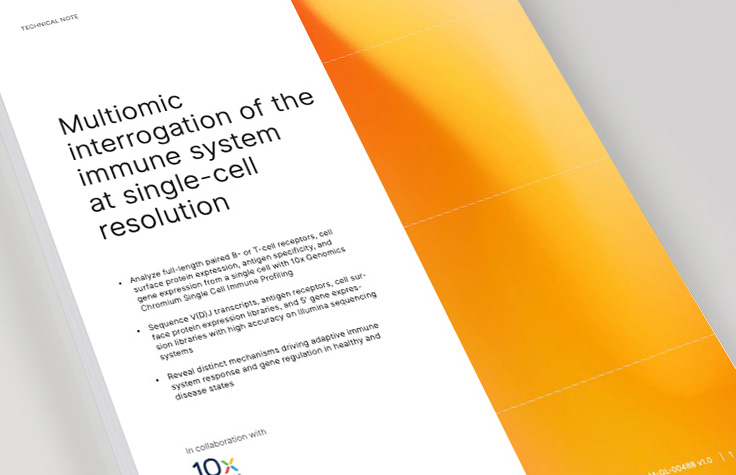
Probe the immune system at single-cell resolution with 10x Genomics

Correlating the expression of protein and RNA with BioLegend
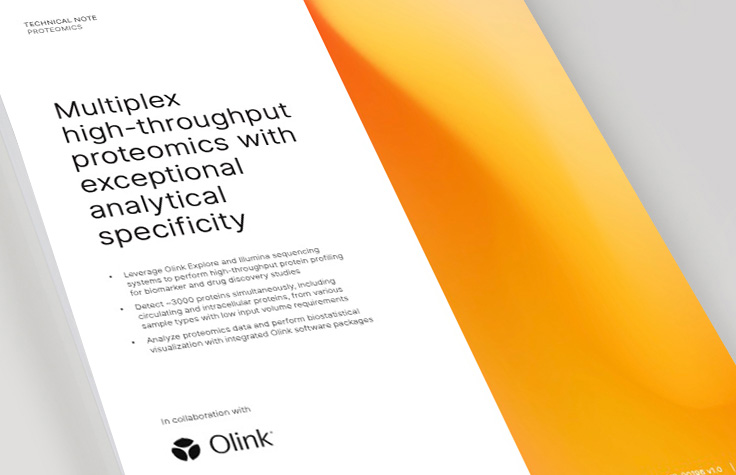
Multiplex high-throughput proteomics with Olink
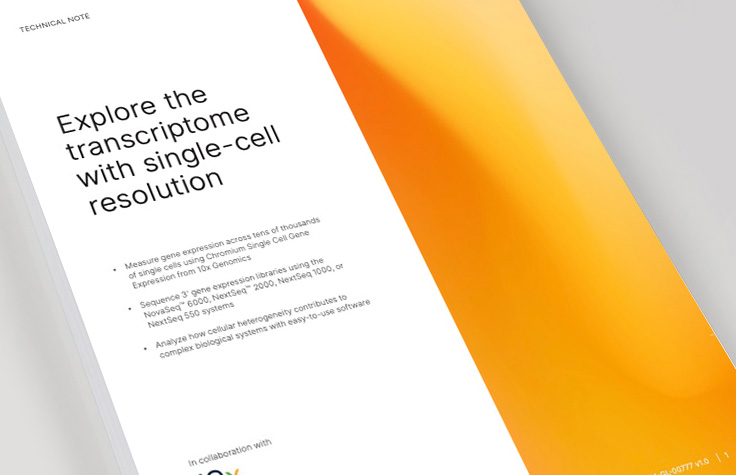
Exploring transcriptome with single‑cell resolution with 10x Genomics
